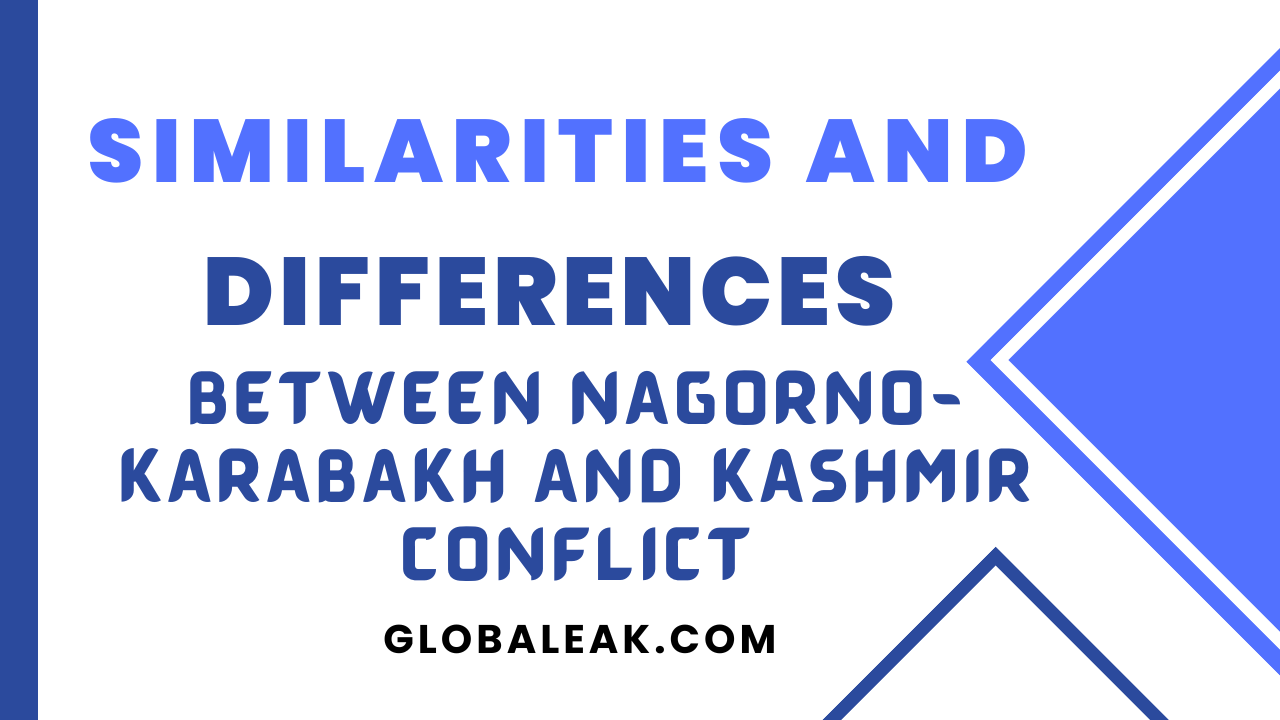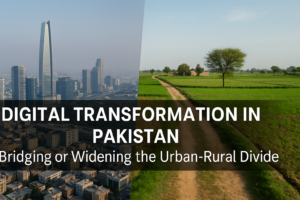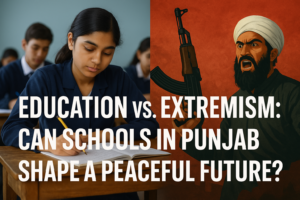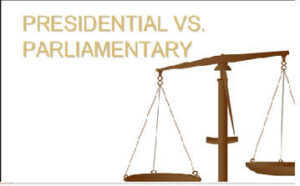Kashmir and Nagorno-Karabakh conflicts share many commonalities as well as differences. Both the disputes serve as a bone of contention in the regions of South Asia and South Caucasus.
Territorial Nature of Dispute – Similar origin of Nagorno- Karabakh and Kashmir Conflict
The nature of Nagorno Karabakh and Kashmir Conflict is territorial in nature. Upon the fall of the Soviet Union in the 1990s, the Armenian army and ethnic Armenian terror groups wildly and barbarically attacked and invaded the internationally recognized Azerbaijani land in 1992.
It is also known as the 1992 war between Azerbaijan and the aggressor Armenia. The Armenian invasion of Azeri Land resulted in the occupation of Nagorno-Karabakh and the other seven surrounding Azerbaijani districts.
As far as the Kashmir dispute is concerned, it is also a conflict of territorial nature. Kashmir is an ethnically diverse Himalayan region, covering around 86,000 sq miles (138 sq km). Under the partition plan provided by the Indian Independence Act, Kashmir was free to accede to join either India or Pakistan. The majority population was Muslims. The maharaja, Hari Singh, initially wanted Kashmir to become independent – but in October 1947 chose to join India, in return for its help against an invasion of tribesmen from Pakistan.
War erupted and India approached the United Nations asking it to intervene. The United Nations recommended holding a plebiscite to settle the question of whether the state would join India or Pakistan. However, the two countries could not agree to a deal to demilitarize the region to date.
Genocide – Another commonality Between Nagorno Karabakh and Kashmir Conflict
According to several human rights organizations, thousands of people have reportedly been killed in the conflict in the region since 1989. After the forceful revocation of the special rights of Kashmir, the Indian government has confined more than seven million Kashmirs to their homes. Kashmir has been under lock-down. The Narendra Modi government imposed a sweeping communications blackout and a curfew that was so draconian that residents couldn’t even step out to fulfill the necessities of life.
These human rights atrocities in Kashmir include mass rapes, torture, detentions, extrajudicial kills, et cetera. The United Nations resolutions called for a plebiscite in Kashmir to peacefully resolve the issue but unfortunately, it did not materialize to date.
Thousands have died and an estimated 100,000 have been displaced in Nagorno-Karabakh since last September. There has been intermittent fighting since 1980, including a bloody war in the 1990s that ended in another Russia-brokered cease-fire giving Azerbaijan legal control of the region.
Pakistan’s supports of both Azeri Muslims as well as Kashmiris is yet another common feature
Pakistan fully supports Azerbaijan’s stance over the said issue and Pakistan’s senate recognized the Khojaly massacre as genocide. In the Khojaly massacre, the Armenian army massacred hundreds of Azeri Muslims, and more than 700,000 become Internally Displaced Persons (IDPs). Pakistan also supports the Kashmiris’ right to self-determination and categorically raised the issue of violations of human rights at various international forums. Pakistan also observes national days in solidarity with the aggrieved Kashmiri people.
Furthermore, Pakistan does not recognize Armenia as a sovereign state nor has diplomatic relations with her.
Forceful occupation
After the withdrawal of imperial Britain from south Asia, India occupied the Jammu & Kashmir region by force. Nearly a million Indian soldiers are deployed in the Jammu & Kashmir region. Since then, the international human rights bodies reported massive human rights violations by the Indian army in the valley.
In 2019, India abrogated article 370 of the Indian constitution to nullify the autonomous status of J&K and merge it with the Indian state. Moreover, Armenia supports India’s stance over Kashmir. Both aggressors support each other over the conflict regions. Both regions, Kashmir and Nagorno-Karabakh, are occupied by Armenia and the Indian force respectively.
UN Resolutions
Both issues, Kashmir and Nagorno-Karabakh, have United Nations resolutions calling for peaceful resolutions of the conflicts. As many as 17 resolutions have been passed by the UNSCO so far from 1947 to 1957 on the Kashmir dispute.
There exist UN Resolutions on the Nagorno-Karabakh dispute as well as for India but in either case, the United Nations failed to make peace. Pakistan and Azerbaijan support each other in the UN over Kashmir and Nagorno-Karabakh.
Muslims are being massacred in both regions by the Indian and Armenian forces.
Kashmir and Nagorno-Karabakh – A flashpoint
Both the disputes, Kashmir and Nagorno-Karabakh, resulted in several Indo-Pak and Azerbaijani-Armenian wars. Both disputes, Kashmir and Nagorno-Karabakh, are the flashpoints of both regions, south Asia and the Caucasus.
Both conflicts can flare-up both the regions and can result in full-scale war any minute.
Pakistan and Azerbaijan supports Kashmir cause
Pakistan and Azerbaijan support each other’s stance over Kashmir and Nagorno-Karabakh’s conflicts whereas Armenia and India support each other’s stance over Kashmir and Nagorno-Karabakh’s conflicts.
Consistent arms race
Both Kashmir and Nagorno-Karabakh’s conflicts compelled Pakistan and Azerbaijan to massively armed and prepare themselves for any possible invasion from their neighbors.
Frozen conflicts
Both Kashmir and Nagorno-Karabakh’s conflicts are called “frozen conflicts” but the 2016 skirmishes between Armenia and Azerbaijan and the 2019 mini-war between India and Pakistan negates the often carelessly used term the “frozen conflicts”.
LOC
In both conflict areas, the borders are known as LoC (Line of Control in Kashmir, and Line of Contact in Nagorno-Karabakh). Both Kashmir and Nagorno-Karabakh are the legacies of two expansionists’ empires, the imperial British Empire and the communist Soviet Empire.
In both regions, Kashmir and Nagorno-Karabakh, Indian and Armenia forces often violate the ceasefire over LoC.
Refugees
In both conflicts, millions of people have been forced out of their homes by the Indian and Armenian forces and become refugees.
India and Armenia support each other in the UN over the Kashmir and Nagorno-Karabakh.
Points of differences
Difference of ethnicities and demography
Nagorno-Karabakh is ethnically majority Christian region lying between Azerbaijan and Armenia while Kashmir is a majority Muslim region.
Difference of origin
The issue of Nagorno-Karabakh started with the decline of the USSR while the Kashmir issue began with the end of colonial rule in the Sub-continent.
In the first case, Armenian locals with the departure of the USSR initiated an uprising against Azerbaijan for autonomy and association with Armenia.
However, in the case of Kashmir Raja Hari Singh signed the instrument of accession with India against the will of the majority Kashmiris.
Moreover, Azerbaijan has a right to exercise its territorial jurisdiction over Nagorno-Karabakh under International law and can take this issue to ICJ with a much stronger position. But in case of Kashmir the final decision to join either India or Pakistan depends upon the choice of Kashmiri people.
India, however, cannot justify the demographic changes done by it in Kashmir through abrogating article 370 and 35(A). It is clear from the Article 47 of the Geneva Convention IV that an occupying power (India) has no right to annex the territory and has to keep the territorial boundaries and institution of the region intact, before holding a plebiscite under UN resolution of 1948.
In the light of the above stated arguments it is concluded that the Nagorno Karabakh dispute is somewhat different from that of the Kashmir issue from the perspectives of history, demography and geo-strategic realities of these regions.
From the perspectives of International Law
Azerbaijan has right to recognise Nagorno-Karabakh under international law but India lacks it as the international status of Kashmir would be decided according to the aspirations of Kashmiris.
Territorial sovereignty
The recognition of territorial sovereignty of Azerbaijan in the Karabakh region by the United Nations and the international community makes it very different to the Kashmir issue.
Nuclear Power Status
Another feature that distinguish both the disputes is the nuclear power status of India and Pakistan. Both India and Pakistan are nuclear armed countries makes the potential global implications of a war over Kashmir much larger than that of the Nagorno Karabakh dispute.
Conclusion
It is evident from the above mentioned discussion that Kashmir and Nagorno-Karabakh conflicts share many commonalities as well as differences. Both conflicts must be high on global agenda to do away with the ongoing violations of human rights abuses in both territories.
📍 English Language Educator | Blogger & Content Strategist | 7+ Years in Educational Blogging
Nosheen Bashir is a dedicated English teacher and experienced blogger with over seven years of expertise in content creation and educational writing. Passionate about language, literature, and effective communication, she combines her teaching experience with blogging skills to create insightful, research-backed content that helps learners and educators alike.
🔹 Expertise & Achievements:
✔ English Language Education: A skilled educator with years of experience in teaching English grammar, literature, and communication skills to students of varying levels.
✔ Educational Blogging: Running a successful blog for 7+ years, delivering well-structured, engaging content on language learning, writing techniques, and academic success.
✔ SEO & Content Strategy: Specializes in creating high-ranking, authoritative articles that follow Google’s EEAT principles, ensuring content that is both informative and search-friendly.
✔ Student-Centric Approach: Committed to making English easier, engaging, and accessible, helping readers and students improve their language proficiency.
🚀 With a passion for teaching and writing, Nosheen Bashir is dedicated to crafting educational content that empowers students, teachers, and language enthusiasts worldwide.










